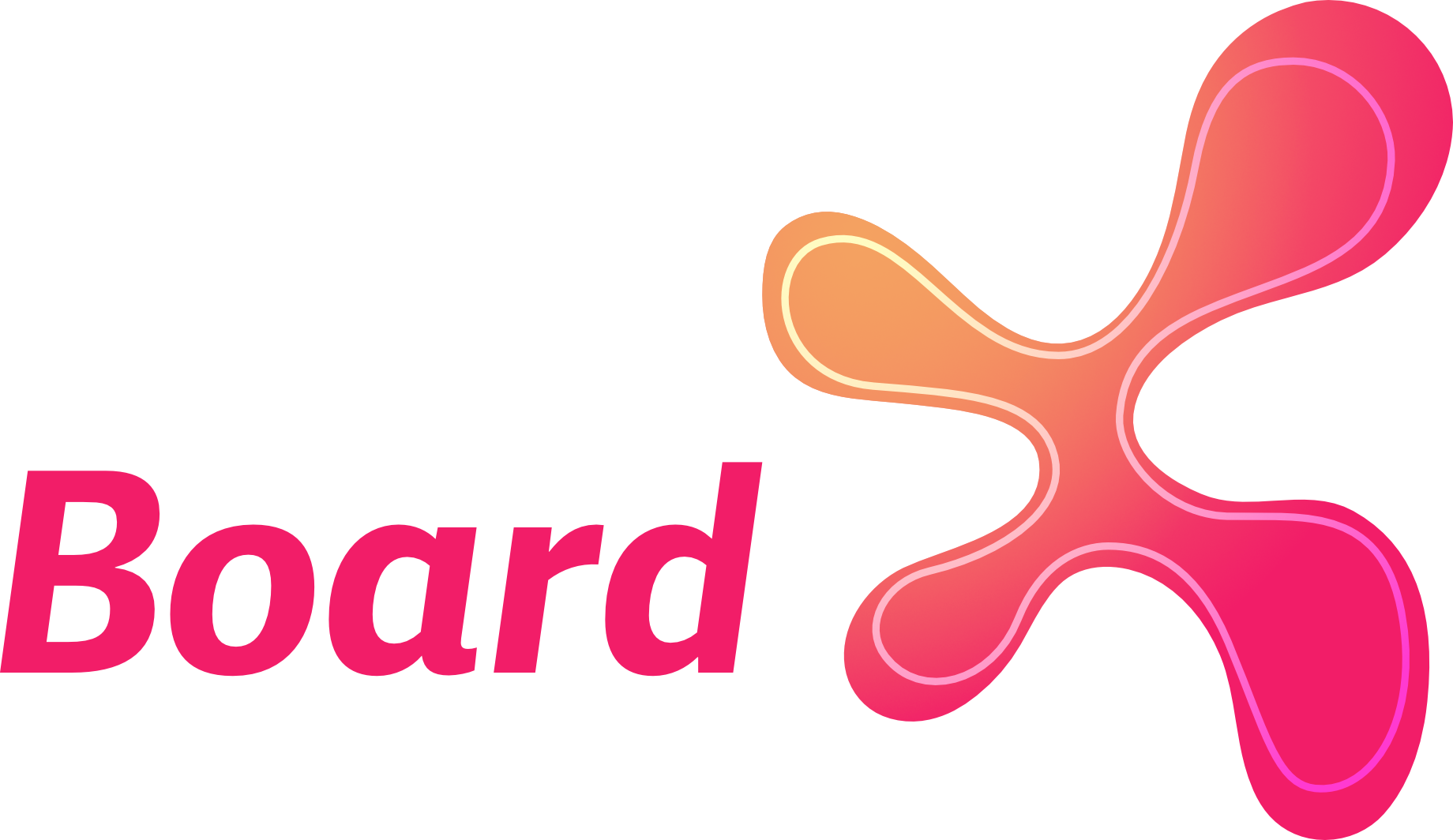Expert Interviews - Gain insights from people with deep knowledge of the subject.
Expert Interviews are a valuable method for gaining in-depth insights from individuals with specialized knowledge or experience in a particular field. This guide will walk you through how to effectively conduct expert interviews.
Step 1: Define Your Objectives
Before reaching out to experts, it’s important to clearly define what you want to learn. Having a specific set of objectives will guide your questions and help you stay focused during the interview.
- Identify Knowledge Gaps: Determine what information you need that only an expert can provide.
- Set Goals: Define what you hope to achieve from the interview, such as understanding industry trends, gaining technical insights, or learning about best practices.
Step 2: Identify the Right Experts
Finding the right experts is crucial for getting valuable insights.
- Research: Look for individuals with reputable backgrounds in the subject area. Use academic journals, industry publications, LinkedIn, and professional networks.
- Network: Ask colleagues, mentors, or other connections for recommendations.
- Prioritize: Create a list of potential experts and prioritize them based on their relevance and availability.
Step 3: Prepare for the Interview
Preparation is key to conducting an effective interview.
- Develop a Question Guide: Create a list of open-ended questions that align with your objectives. Avoid yes/no questions to encourage detailed responses.
- Background Research: Familiarize yourself with the expert’s work and background to tailor your questions and show respect for their expertise.
- Logistics: Schedule the interview at a convenient time for the expert, and decide whether it will be conducted in person, over the phone, or via video call.
Step 4: Conduct the Interview
When conducting the interview, focus on creating a comfortable environment and actively listening.
- Build Rapport: Start with casual conversation to make the expert feel comfortable.
- Follow the Guide, but Be Flexible: Use your question guide, but be open to following interesting tangents.
- Active Listening: Pay close attention, take notes, and ask follow-up questions to dig deeper.
- Record the Interview: With the expert’s permission, record the interview for accurate reference later.
Step 5: Analyze and Synthesize Information
After the interview, analyze the information to extract valuable insights.
- Review Notes and Recording: Go through your notes and listen to the recording to capture all details.
- Identify Key Themes: Look for recurring themes, insights, and patterns.
- Summarize Findings: Create a summary of the key insights and how they align with your objectives.
Step 6: Share and Apply Insights
Finally, share the insights with your team and apply them to your project.
- Create a Presentation: Prepare a concise presentation or report highlighting the key insights and how they can inform your project.
- Discuss with Your Team: Share the findings with your team and discuss how to integrate the insights into your design process.
- Implement: Use the expert insights to guide decision-making and enhance your project’s outcomes.
Sample Question Guide for Expert Interviews
- Introduction
- Can you tell me a bit about your background and expertise in [subject]?
- Industry Trends
- What are the current trends you’re seeing in [industry/field]?
- How do you think these trends will evolve over the next few years?
- Challenges and Opportunities
- What are the biggest challenges facing [industry/field] right now?
- What opportunities do you see on the horizon?
- Best Practices
- Can you share any best practices for [specific area of interest]?
- What common mistakes do you see people make in this field?
- Future Outlook
- What innovations or developments are you excited about?
- How can professionals prepare for the future in this field?
By following these steps, you can conduct effective expert interviews that provide valuable insights to inform your design thinking process.


Comments ()